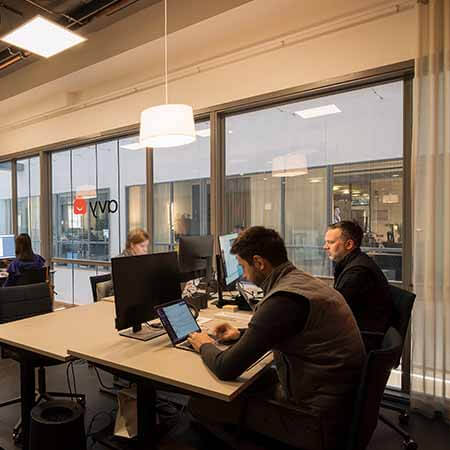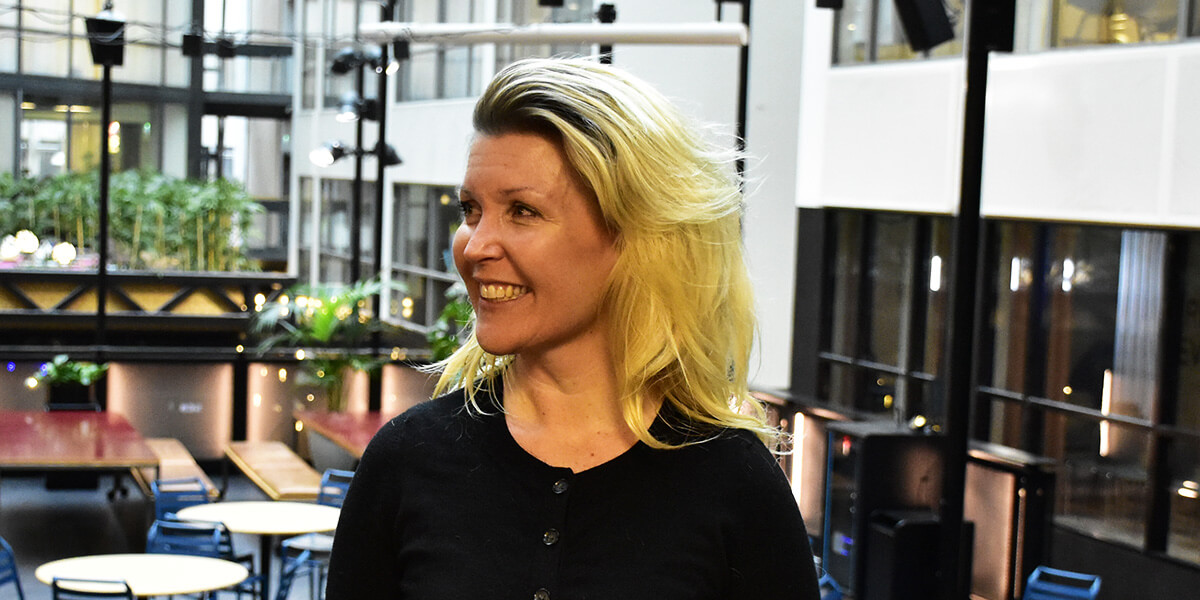Did you know that one of the largest news platforms in Sweden is translating news from Swedish to Arabic? The site is called Aktarr and reaches over 300,000 Arabic-speaking people in Sweden every month. Not only are Aktarr members of Epicenter, they have also come to play an important role in creating an inclusive society in Sweden. In Corona times however, Aktarr’s work has reached a whole new level of importance. Ola Ahlvarsson, chairman of the board, expresses the crucial part Aktarr holds during the pandemic.
It is not only a matter of democracy, but also a question of health, life and death for the almost 8% of Arabic-speaking Swedes.
Aktarr helping the authorities to translate
For people who doesn’t speak Swedish, it has been difficult to both find and understand information about the Coronavirus. As a consequence, many have turned to Social Media for answers where rumors and misleading information has been circulating.
As a solution, Aktarr is now offering authorities to translate information on Covid-19 into Arabic. So what does this mean? Well, the Public Health Authority and government organizations are able to reach a broader public with important updates on the Coronavirus. Kotada Yonus, founder and CEO of Aktarr recognize this.
It is important to realize that Sweden is a multicultural country and it is our duty to help by making information easily accessible for all Swedes.
Aktarr has a long-term sponsorship and collaboration with Kronans Apotek to provide relevant information about health for the Arabic speaking community in Sweden. As a result, we have gained many insights and lots of knowledge in how to communicate health-related information.
Reaching a large community
Looking at the demand and reach on Aktarr’s platforms, gives a perspective of how important this initiative is. Just to give some examples
- Since March 10, people with questions around Corona has increased from 18,200 to 45,300 to 68,066 daily on Aktarr’s website.
- On their platform alone 50,000 readers ask for information on Corona, and more than 320,000 who actively follow.
- In only a week’s time, their reach in Facebook was a total of 1.1 million readers. And also 799,400 interactions related to Corona.
- When translating Stefan Lövéns speech, they reached 64,576 people, followed by 15,167 interactions.
Well done Kotada and the team at Aktarr for being so quick to respond to the demand for information related to Corona in Arabic. Very proud to have you in the Epicenter family!















